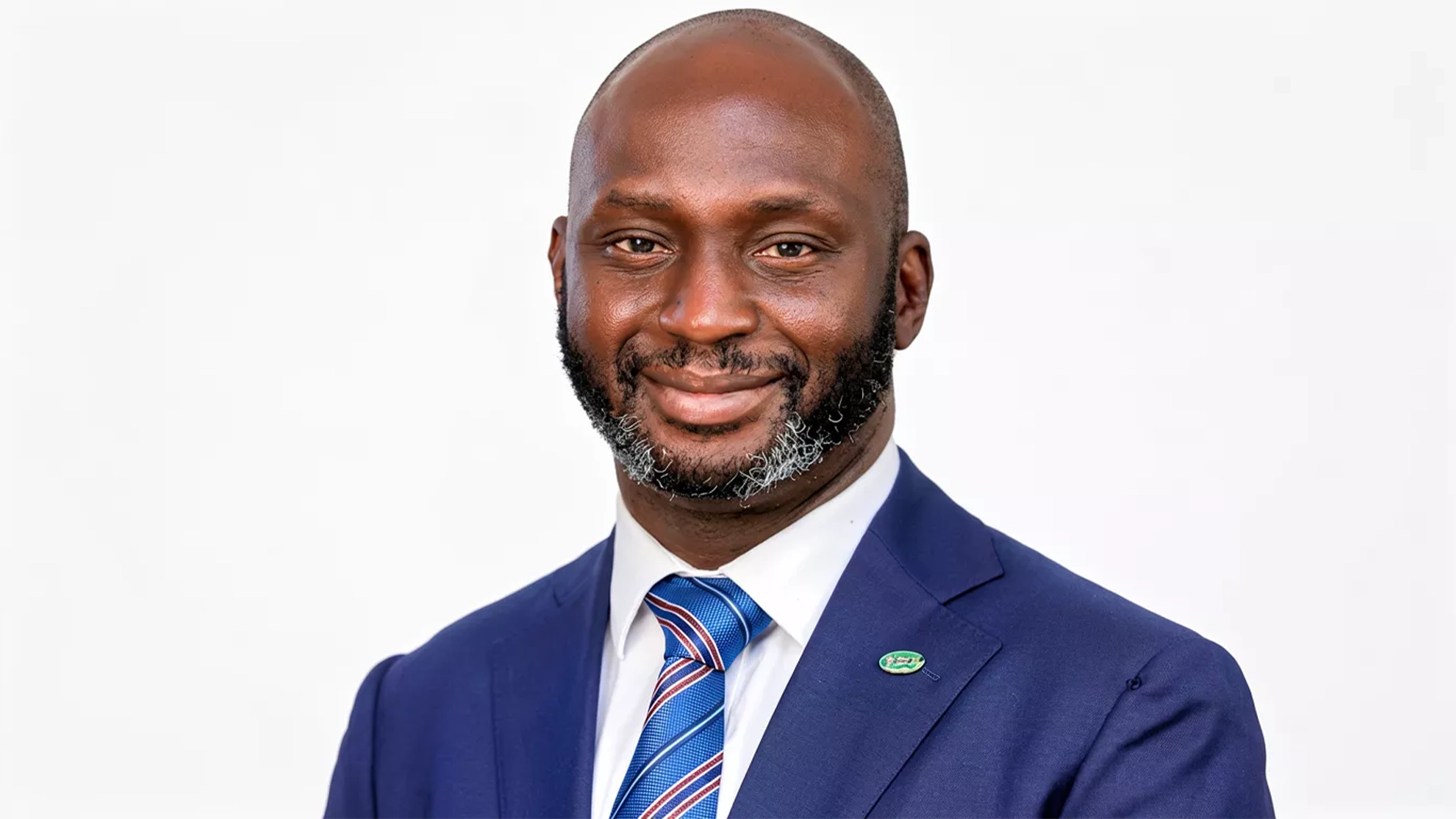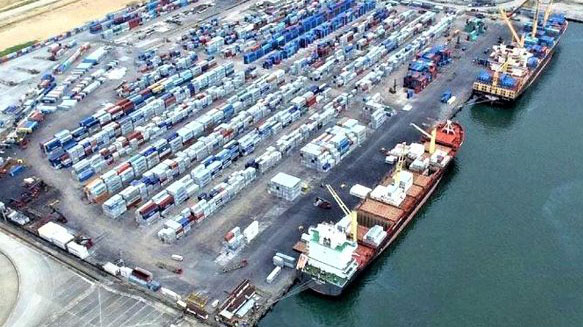STAKEHOLDERS have identified persistent structural constraints from unstable policies to limited access to markets, finance and infrastructure as major challenges impeding the growth of Micro, Small, and Medium Enterprises (MSME) across the country.
Speaking at the FATE’s Institute’s 11th Policy Dialogue Series On Entrepreneurship, with the theme: “From Enterprise To Industry, Unlocking MSME Potential For Nigeria’s Industrialisation”, stakeholders maintained that the MSMEs are not peripheral but essential contributors to Nigeria’s industrial future.
The event, which brought together policymakers, private-sector leaders, international partners and entrepreneurs, was also used to unveil the two groundbreaking reports titled: “State of Entrepreneurship in Nigeria” and “Beyond the Hustle: Nigeria’s Industrial Reawakening,” aimed at providing data-driven insights and policy recommendations to drive entrepreneurship growth and industrialisation in the country.
The Chairperson of the Policy Dialogue Technical Committee, Cecilia Akintomide, stated that industrialisation requires coherence across policy, coordination, institutions and collaboration across sectors, adding that MSMEs are not peripheral but essential contributors to Nigeria’s industrial future.
The Minister of State for Industry, John OwanEnoh, also acknowledged the gap between policy conversations and actual implementation.
He stated that the new Presidential Intervention Work Group was designed to shift attention from dialogue to decisive action, particularly around energy, industrial infrastructure, long-term financing and skills development.
According to him, the Work Group aims to convene smaller, actionable roundtables where relevant actors can make immediate decisions rather than repeat long-standing discussions.
He also addressed many difficulties the MSMEs face in accessing government intervention funds, noting that challenges around bank guarantees have stalled disbursements. He stated that a new MSME Credit Framework is being developed to resolve these bottlenecks.
The Founder of a Nigerian leather goods brand, Mrs. Ademola Ade, said many MSMEs now seek to know when the promised reforms would take effect, emphasizing the need to know the likely changes the businesses should expect between in the first quarter of year.
Bring in an international perspective, the Consul-General of the Kingdom of the Netherlands, Michel Deelen, explained how successfully industrialised economies deliberately integrated their small businesses into wider industrial value chains.
He referenced the case of ASML, which struggled in its early years before eventually becoming a global leader in lithography machines through ecosystem support.
The event also featured a plenary on policy cohesion with representatives from Lagos State’s Ministry of Commerce, Cooperatives, Trade and Investment; the Bank of Industry (BOI); and Flour Mills of Nigeria (FMN). The articiants discussed how regulatory overlaps and fragmented licensing practices create obstacles for businesses.
Other sessions explored trade financing, digital ecosystems, industrial skills, energy access and logistics—areas repeatedly identified as critical to enabling Nigeria’s shift from a hustle-driven economy to one powered by productive enterprises.
Vice Chairman, PDS Technical Committee, and President ASBON, Dr. Femi Egbesola, reaffirmed the organisation’s commitment to applying research and advocacy to strengthen the operating environment for Nigerian MSMEs and support their integration into value chains critical to the country’s industrial future.






